
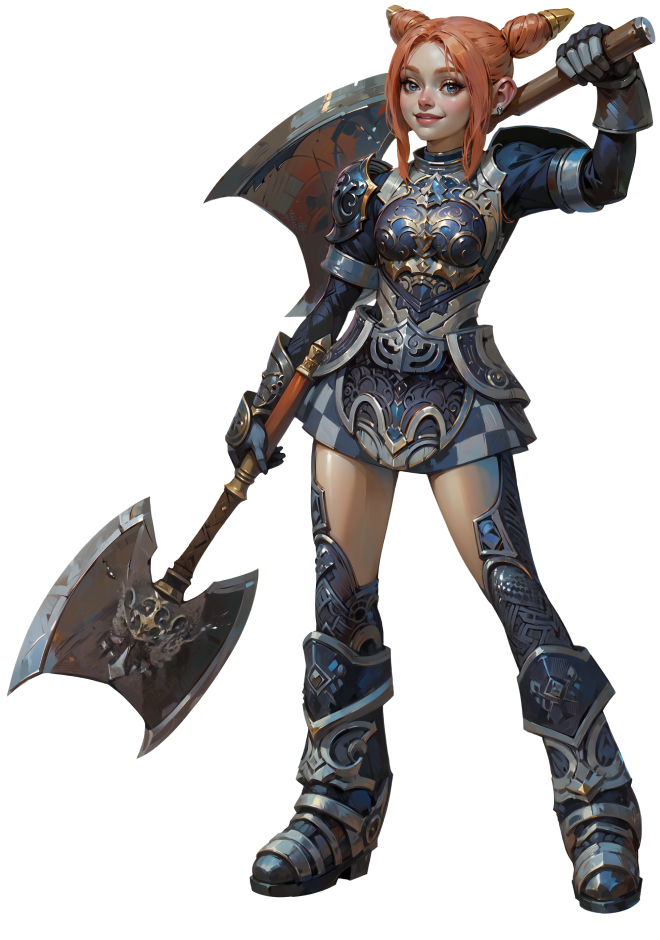
Eighth major update
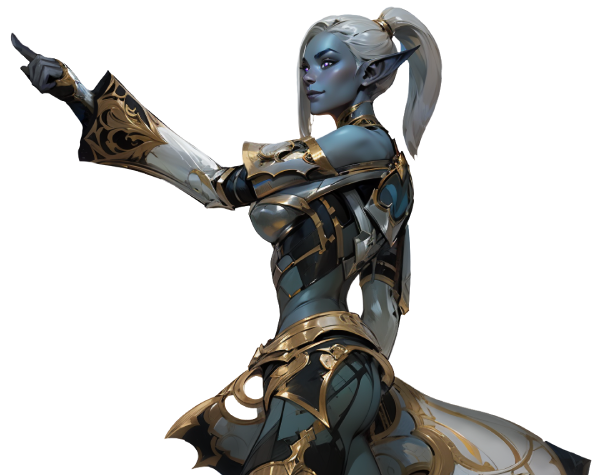
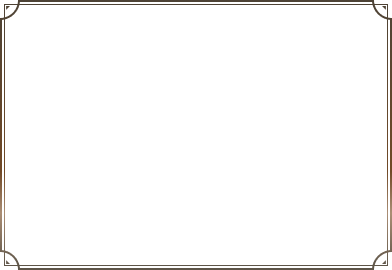







On MasterWork, rates are dynamic and based on the season stage. After each update, levelling up at the initial levels becomes easier. That allows you to start at any time and play at any pace - you will quickly reach the current level and join the big game.








The mission system will help you develop throughout the season and always show you the proper path. Complete game activities and get extra experience, game currency and other valuable rewards. There is always something to do at MasterWork.








Updated locations on MasterWork are intended for full groups, and an expanded list of RB will allow all groups to test their power. Fight monsters and other groups to get a lot of experience, resources and equipment.








The developers introduce new features that make the game more comfortable and enjoyable. The client improvements and high FPS are worth noting. The server can handle many players in a small location. The innovations of the season are Beauty Shop and Assistance Manager.








Two game worlds are available At the start of the season, with their histories written. In the middle of the season, players will encounter a merge of game worlds for a battle between players from different servers. The next stage is merging with the Eternal server and confronting players from previous seasons.

Each class from the Warrior archetype is relevant and universal while keeping its authenticity — the Tyrant did not turn into a Gladiator, and the Blacksmith into a Warlord. It became easier for Warriors to survive, catch the opponent, and find a place in the group. On MasterWork, these classes are strong in all game aspects.

On MasterWork, the tank remains an essential and versatile group member at every stage. The "icon" skills are tiered and available starting from level 60 but available in the Olympiad at level 83. Because of enemy control skills, the tank provides vital protection for the group, offering a significant strategic advantage.

Archer levelling is now more dynamic due to the rework of mass skill and the key skills at lower levels. Combat skills now have an attribute enchant branch, allowing greater customization. Archers adapt to various groups, aided by effective counter-skills. The reworked abilities, with new sets bonuses, make archers more versatile and resilient in PvP battles.

Assassins on MasterWork significantly reworked, enhancing their effectiveness in group play while holding their power in the late game. They now boast two AoE skills for levelling and mass PvP, delivering substantial damage boosted by various effects. Improved Ultimate Evasion (UE) and several new skills increased their survivability in large-scale battles.

Mage classes have Elemental Skills that match the class Element. The attribute system allows mages to increase elemental damage by up to 40% in the late game. A new class — Geomancer, an Earth mage. He is highly protected, able to restore health and weaken the enemy over time.

On MasterWork, each summoner class received transformations with the skills of an archer, assassin, knight or mage and a unique buff. At high levels, the transformation does not recall the summoned servant.Kai the Cat, Merrow the Unicorn and Soulless received the ability to deal damage with auto attacks to several enemies at once.

On MasterWork, healers received the ability to comfortably level up alone and deal additional damage in a group. New attack skills allow you to fight monsters effectively but do not deal damage in PvP. Some skills of the third profession are divided into levels and learned much earlier, increasing the healer's effectiveness in battle.

Buffers increase the group viability with additional healing skills, new combo effects, and a PvP rebuff. High-level skills are divided into several tiers and learned earlier. Prophets can buff the entire group at once. Buffers can effectively farm solo, using the wolf or combat transformations.

Bard is the most interesting class on MasterWork. Dances and songs are combined into rhythms that are equal for both classes. At the same time, there is a difference in key skills- Rhythm of Medusa / Rhythm of Silence and Dance of the Berserker / Song of Purification. The combined effects of bards allow you to take an additional damage dealer to the group. Bards may be an extra tank or a universal damage dealer.

The Inspector can now become a full-fledged main class and participate in the Olympiad. The Steal Divinity skill is weaker by default but grows as the character develops. Male and female Soul Breakers have separate classes in the Grand Olympiad. Berserker skills have a chance to do critical damage.
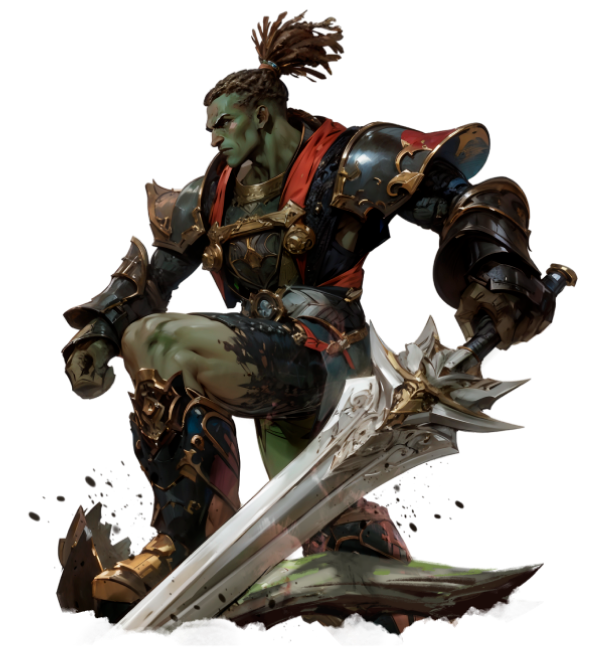

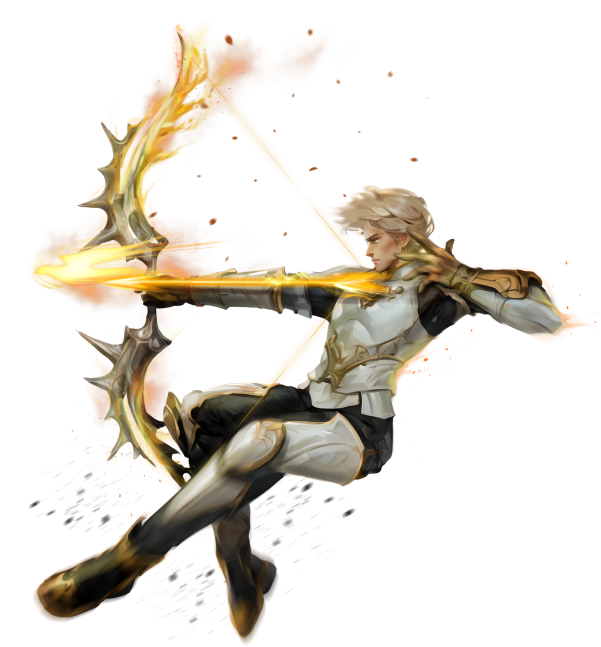
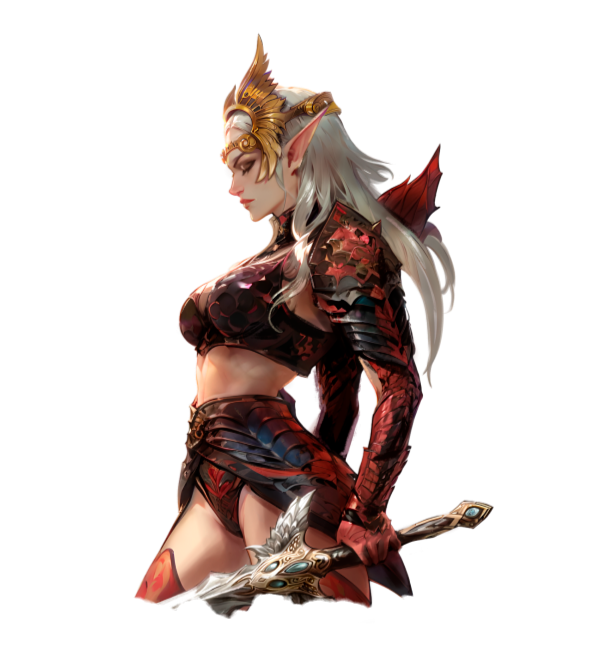

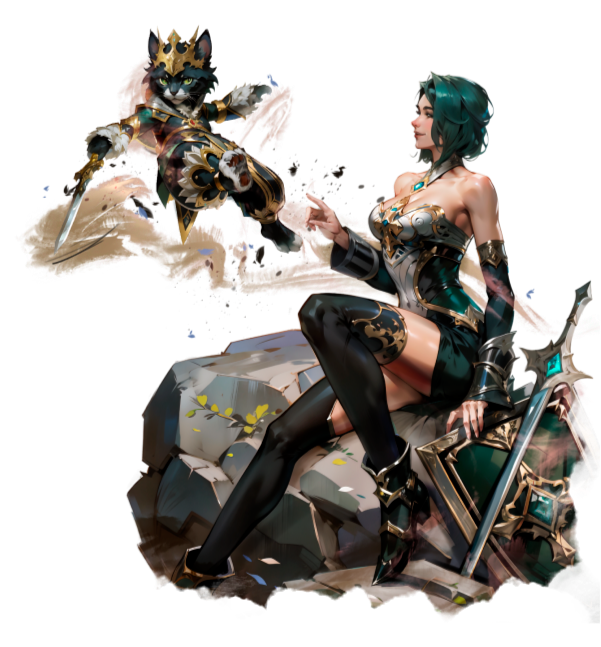
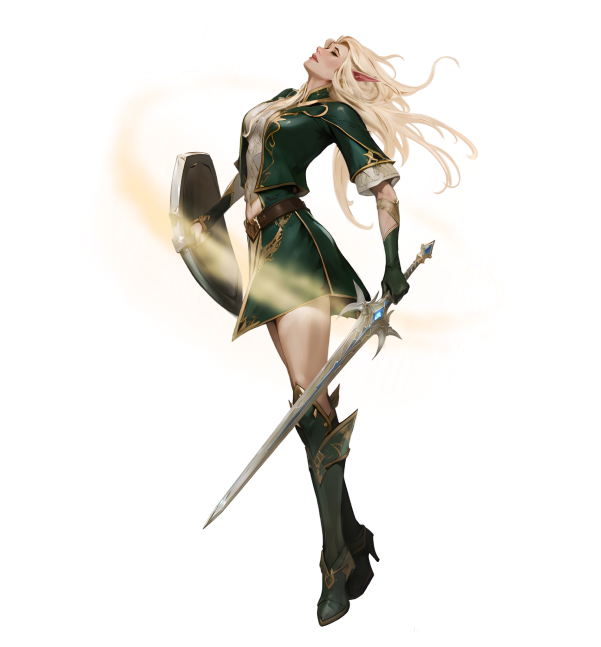
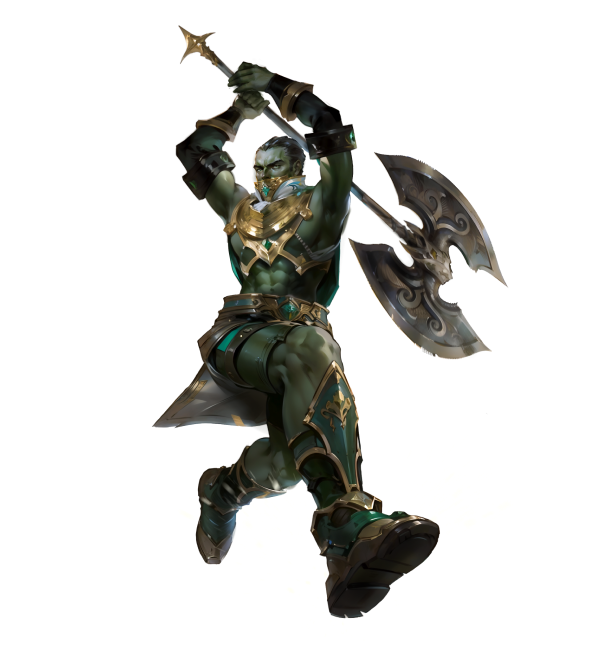
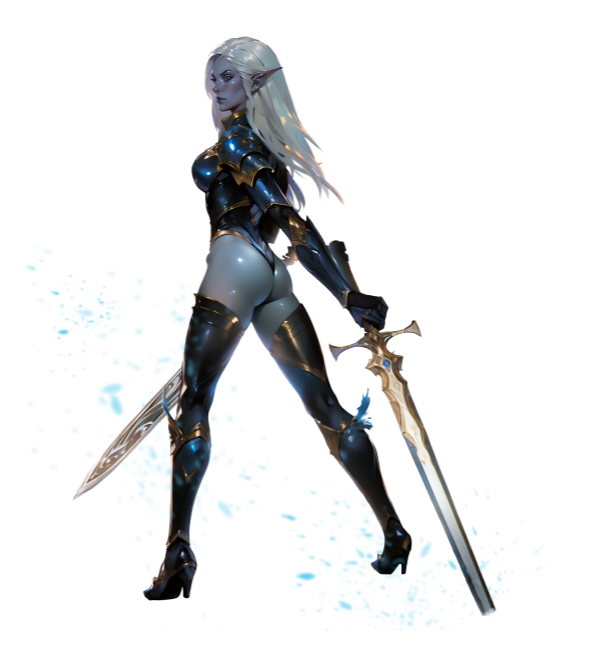
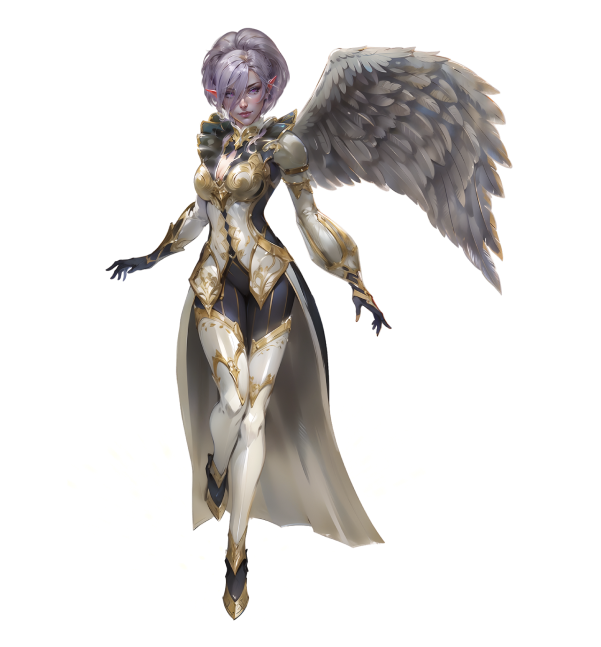


Each week, we make it easier for new players to hop in, and by subscribing to our newsletter, you'll receive extra boosts to help you get started





